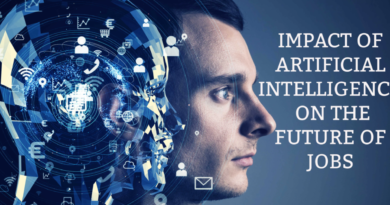“Guiding AI for Good: Empowering Humanity Through Technology”
To positively impact AI’s role in human lives, the first key step is to develop ethical and transparent AI systems. This means creating technology that is fair, unbiased, and respects the dignity of all users. Ethical AI should be designed to avoid discrimination based on race, gender, or background, and developers must be honest about how AI systems work. Transparency builds trust, helping humans feel more secure and empowered when interacting with intelligent machines.
Another important way to shape AI’s role is to focus on human-centered design. AI should be built to enhance human abilities, not replace them. For example, instead of designing AI tools that simply automate jobs, we should develop systems that collaborate with people, making tasks easier and opening new opportunities for creativity and growth. When AI complements human skills rather than competes with them, it supports a healthier relationship between technology and society.
Education also plays a vital role in shaping how AI affects humanity. Teaching people about AI how it works, what its risks are, and how it can be used responsibly empowers individuals to make informed choices. From schools to workplaces, building AI literacy helps people engage critically with technology rather than passively accepting it. An informed public can advocate for better policies, recognize harmful AI practices, and drive demand for more ethical innovations.
Finally, creating a positive impact requires involving diverse voices in AI development. If only a narrow group of people designs AI, it risks being blind to the needs and values of the wider world. Including perspectives from different cultures, genders, economic backgrounds, and age groups ensures that AI is more inclusive and serves a broader range of human experiences. Diversity in AI design leads to more creative, ethical, and socially beneficial technologies that can truly enrich human lives.




